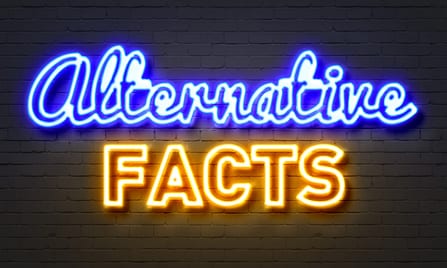
© Gabriele Rohde – Fotolia.com
Google has removed more than 20 search results from its index following an out-of-court request by Lampmann, Haberkamm & Rosenbaum Rechtsanwälte (LHR).
This process, which in itself is commonplace, is interesting because a considerable number of the well-known media in question refused to remove the almost 13-year-old report from their websites.
The incident took place almost 13 years ago
The – not unknown – creditor represented by LHR defended himself against a report that could be retrieved from numerous search results in almost all well-known media when his name was entered into Google. In addition to the fact that the articles contained inaccurate allegations, the decisive factor was that the transactions reported on had been fully finalised almost 13 years ago.
The conditions postulated by the ECJ in 2014 for the so-called ‘right to be forgotten’ were therefore met (EuGH, Urteil v. 13.5.2014, Az. C-131/12 – google spain). In this decision – which incidentally concerned a very similar time frame, namely 16 years – the ECJ assumed that, in principle, the interest of a data subject in no longer being named outweighed the interest in the continued linking.
Well-known media are reluctant – Google blocks
While the vast majority of media houses removed the reports – perhaps less out of a sense of duty than out of a lack of interest in the meantime – quite a few publications got up on their legal hind legs and wanted to write themselves out of the cancellation obligation with several pages of verbiage.
The Higher Regional Court of Hamburg has already ruled that the right to be forgotten also applies to website operators and not just to Google:
However, Google agreed with our client that there was no longer any interest on the part of the reader in information about the long past events; in any case, that such an interest – insofar as it still existed at all – had to take second place to the interests of our client and blocked the search results.
Lawyer Arno Lampmann from the law firm LHR:
“The outcome of the case is pleasing. Not only because we were able to help our clients effectively, but also because it gives us hope. It is particularly impressive that Google, a US company that is directly subject only to the US Constitution, which is determined by the ‘Freedom of Speech’ and which barely recognises the institution of data protection, apparently has more understanding of European data protection law than many German press editors.”
